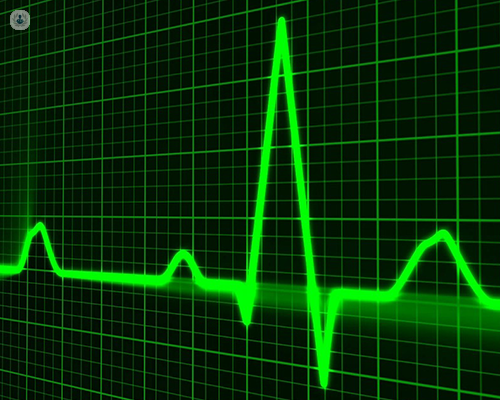What are the main causes of arrhythmia?
Written in association with:An arrhythmia, simply defined as an irregular or fluttering heartbeat, can affect anyone, causing frightening and unpleasant symptoms. It is one of the most common heart conditions currently experienced by the general population.
In this article below, esteemed and highly experienced integrated functional cardiologist, Dr Konrad Grosser, discusses the different types of arrhythmias, their causes, symptoms, and most effective treatment options.

What is arrhythmia?
Arrhythmia is a condition in which the heart beats irregularly, either too slowly or too quickly. There are several types of arrhythmias. The main types are the following:
- atrial fibrillation
- bradycardia
- ventricular tachycardia
What are the main causes of arrhythmia?
Arrhythmias can be caused by various factors, but there is no definitive cause. The main risk factors include:
- heart disease
- age
- genetic factors
What are the symptoms?
The symptoms of arrhythmias can vary depending on the type and severity of the condition. The main symptoms are as follows:
- palpitations (a fluttering sensation in the chest)
- dizziness or lightheadedness
- shortness of breath
- chest pain or discomfort
- fatigue or weakness
How are arrhythmias treated?
Treatment options for arrhythmias depend on the type and severity of the condition. The main, and most effective treatment options include:
To schedule in an appointment with Dr Konrad Grosser, you can simply head on over to his Top Doctors profile today to do just that.



